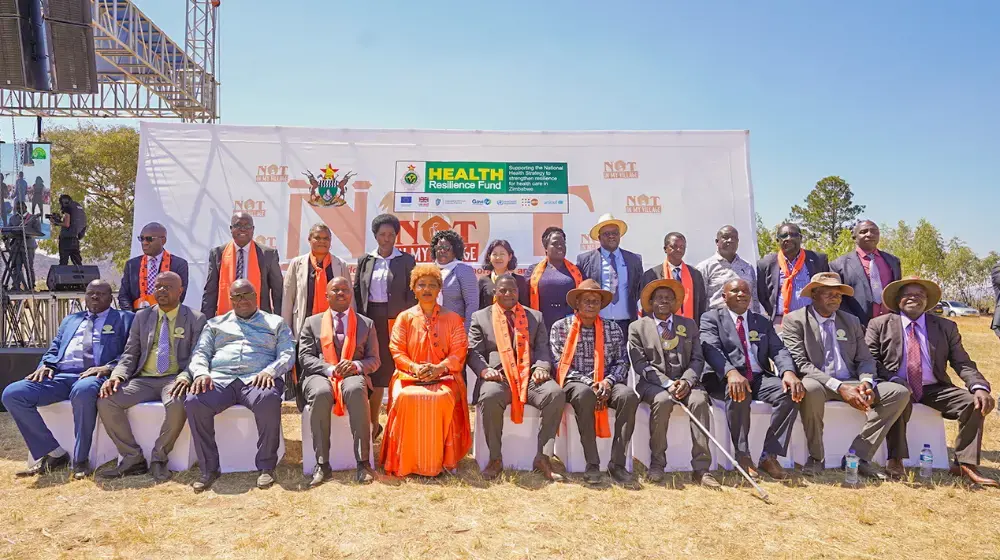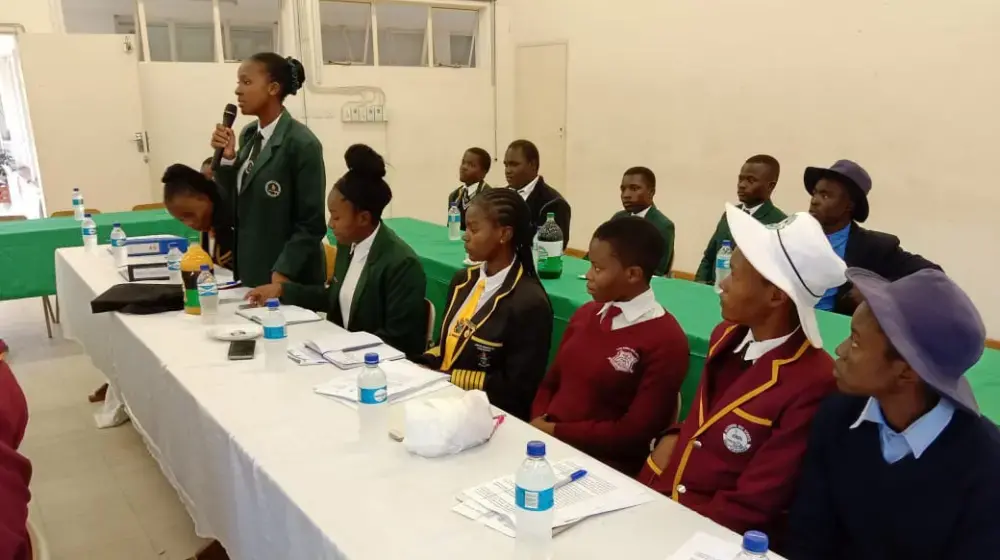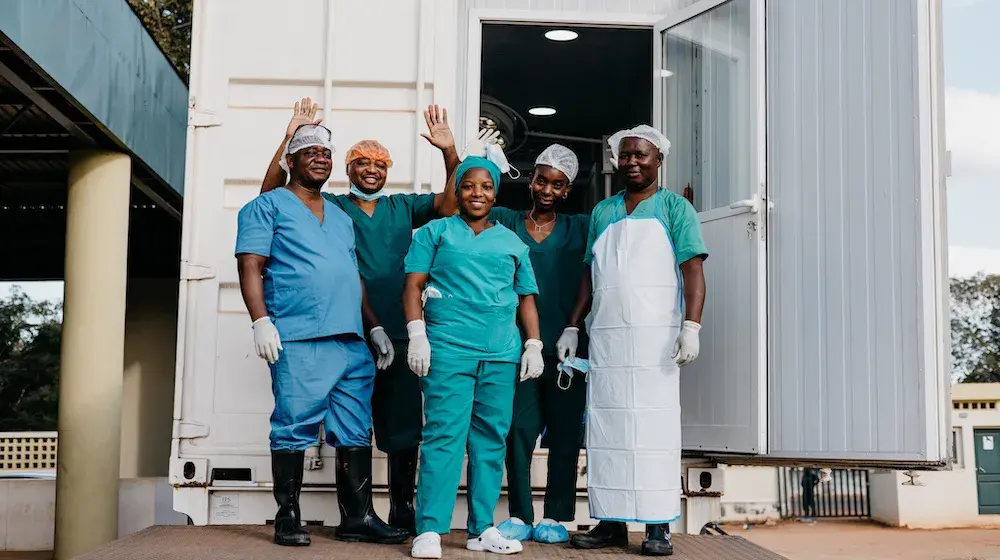By Laylee Moshiri and Dr Esther Muia
Zimbabwe’s Harmonised Marriages Bill recently went through its Second Reading debate in the Senate. There are several crucial rights that are upheld in the Bill, but the most ground-breaking is protecting children and adolescents from being forced into marriage before they are 18 years old.
The Bill has been deliberated on since the start of 2020, and the age at which an adolescent should be able to consent to sexual activity and to accessing sexual and reproductive health services has also featured in the debate.
Although many Zimbabweans are in favour of outlawing child marriage, recognising the evolving capacity of children and adolescents in terms of sexual activity and reproductive health has been a less comfortable notion to address by policy makers and the population more generally.
But it is an issue, that in our view is crucially important.
There is a widespread view that sexual activity outside marriage should not occur.
Some people have expressed that the ages of consent to sexual activity and consent to sexual and reproductive health services should be the same as the age of marriage – 18 years.
At the same time, surveys, including the 2015 Zimbabwe Demographic Health Survey, show time and again that many Zimbabweans have their first consensual sexual encounter before the age of 18, and that in reality this higher age of sexual consent does not lead to a delayed sexual debut.
Instead, the age of sexual consent being 18 years prevents young people below 18 from accessing essential, lifesaving sexual and reproductive health services and seeking information on sexual health from adults.
Children and adolescents need to be recognised as rights holders, not just in protection from Sexually Transmitted Infections (STIs) and unwanted pregnancies, but also in protection of their rights to information, health and privacy.
Adolescents under 16 who currently are considered to illegally engage in sexual activity are not able to access information and health services related to sex, and risk having unsafe abortions, carry unwanted pregnancies and are in jeopardy of contracting STIs.
These vulnerabilities are further exacerbated by restrictions caused by COVID-19 including difficulties in accessing transportation, a lack of focus by hospitals on day-to-day healthcare, and supply delays for contraceptives.
For girls especially, these consequences can often lead to dropping out of school, making them more vulnerable to further rights violations and marginalisation.
There are already reports of increased teenage pregnancies as a result of the COVID-19 pandemic. Further, increasing the age of consent to sexual activity to 18 could lead to two adolescents who engage in consensual sexual activity both being charged with rape or indecently assaulting each other, with the prospect of a long prison sentence.
As the new Marriages Bill is adopted, this is a time for society to face this issue and the sometimes uncomfortable truths about the sexual activity of adolescents. We must discuss whether or not prohibiting it by law is the most effective way to protect them.
We must also involve them in decision making and policy processes to hear their views and ensure they participate in the creation of policies that affect them. Many of us would agree that ultimately, our responsibility as parents and as society, is to arm our adolescents with information that empowers them to protect themselves from unwanted pregnancies, STIs and sexual violence.
This is particularly true in light of the multiple challenges the country is currently facing.
Adolescents under the age of 18 should also be allowed to access sexual and reproductive health services and contraceptives without the consent of their parents or guardians.
They should be received at all health facilities by staff who provide them with a comprehensive package of information, counselling, diagnostic, treatment and care services. Finally, this must happen in a youth-friendly manner that fosters respect, protects and fulfils the adolescent’s rights to information, privacy, confidentiality and non-discrimination.
Ms Laylee Moshiri is the representative of UNICEF Zimbabwe
Dr Esther Muia is the country representative of UNFPA Zimbabwe





